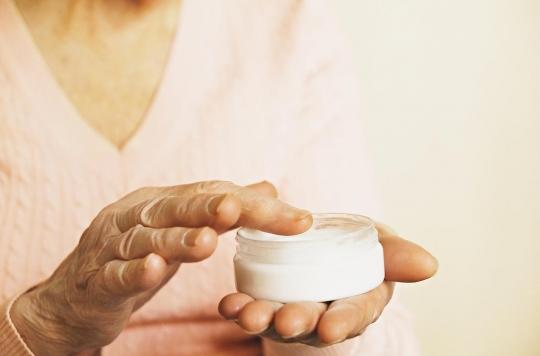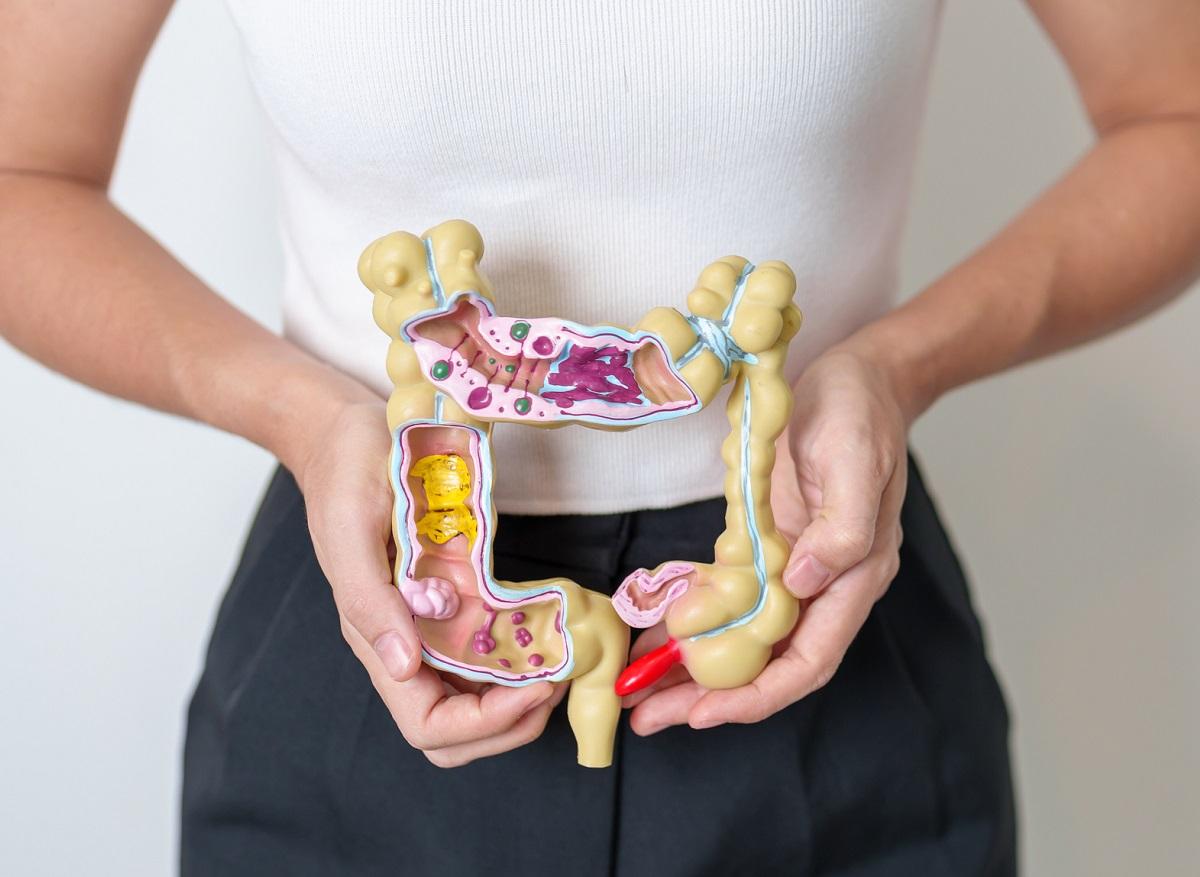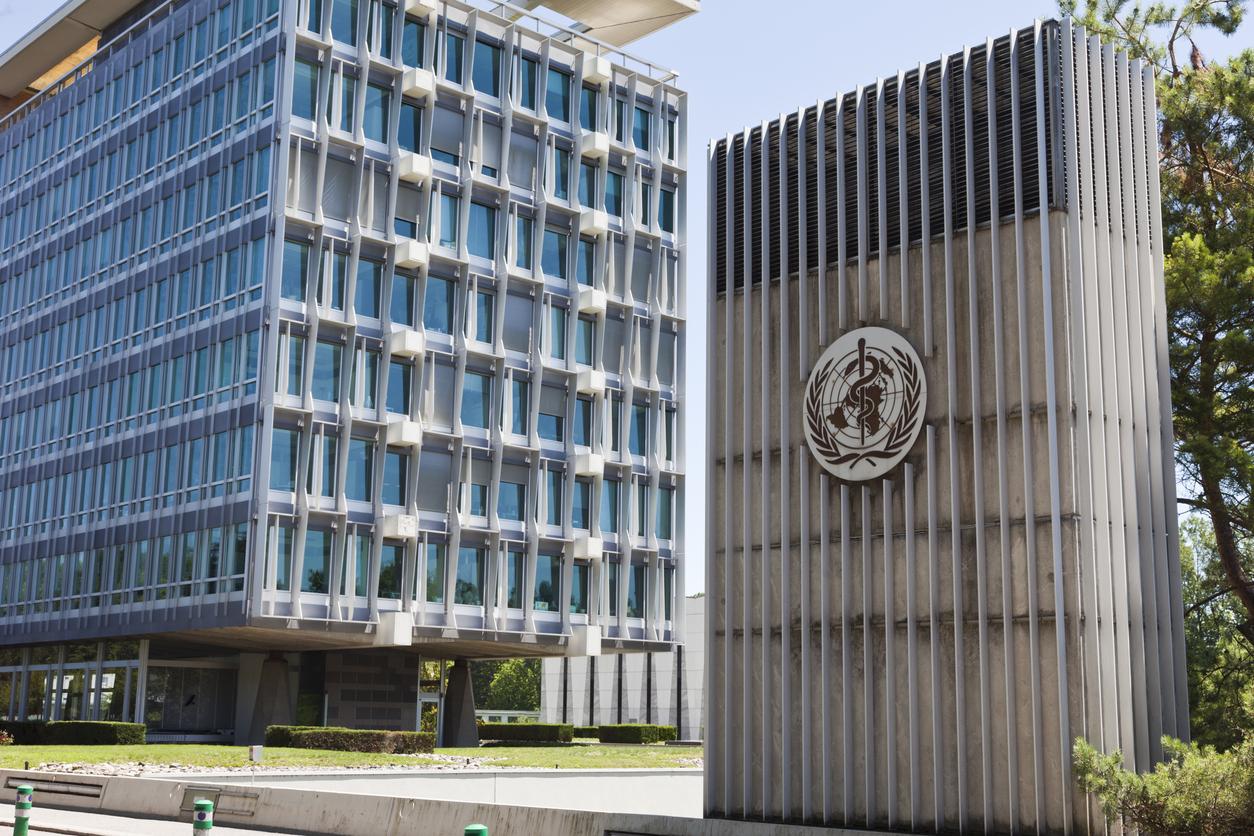According to a recent study, good skin hydration could reduce the risk of developing chronic diseases such as osteoporosis, type 2 diabetes and Alzheimer’s disease.

Weighing up to 10% of our body weight and measuring 2m², the skin is by far the heaviest and largest organ in our body. Serving as a protective envelope for our body, the skin also allows us to detect hot and cold, helps us regulate our internal temperature, but also to breathe and feel.
However, despite the importance of these functions, scientists had never before considered the skin as an organ capable of protecting us from the onset of chronic diseases.
This is now done with this pilot study conducted by researchers at the University of California in San Francisco (UCSF). Published in the Journal of the European Academy of Dermatology and Venereologythis new work is the first to investigate the role of the skin in the development of chronic age-related conditions, including type 2 diabetes, atherosclerosis, Alzheimer’s disease and osteoporosis.
The older the skin, the more it is permeable to pathogens
As we age, levels of inflammation increase in our body. In question: molecules called cytokines. Secreted in particular by B lymphocytes, they stimulate the cells responsible for the development of immune defences, but can also contribute to the development of autoimmune diseases or chronic inflammatory diseases.
For a long time, scientists believed that the immune system or the liver alone caused inflammation. This new work shows that the skin can also play an important role. “The inflammation has to come from a large enough organ that very minor inflammation can affect the whole body. The skin is a good candidate for this because of its size,” says lead author Dr Mao-Qiang Man. of the study and a researcher in the Department of Dermatology at UCSF.
“Once we get older, we have dermatological symptoms like itching, dryness and changes in the PH of the skin. It could be that the skin has very minor inflammation, and because it’s such an organ tall, it elevates circulating cytokine levels,” he continues.
Indeed, with age, it is not uncommon for the skin to become dry and therefore more permeable to pathogens: a reduction in the humidity of the dermis generates small cracks which cause the release of cytokines into the blood supply. .
In younger skin, these cytokines released into the blood help repair cracks in the skin. Mature skin, on the other hand, is more difficult to repair: the body therefore continuously releases these inflammatory messengers which, once released into the blood, can travel throughout the body.
“Until recently, the scientific community did not believe that the skin could contribute to inflammation and systemic disease. But over the past five years, studies of psoriasis and dermatitis have shown that inflammation of skin due to these diseases probably increases the risk of heart disease,” says study co-author Dr. Theodora Mauro. “Simply reducing inflammation by addressing skin dysfunction seen in aging could have profound effects on health,” she says.
Moisturize your skin to reduce inflammation
To validate or not this hypothesis, the researchers undertook to measure the impact of skin aging on inflammation. They also looked to see if they could reduce the signs of inflammation by moisturizing the skin.
The pilot study involved only 33 participants aged 58 to 95 but shows encouraging results. Researchers measured their cytokine levels at the start of the study and then, for 30 days, participants applied moisturizer to their entire body twice daily. Formulated especially for the experiment, this cream contained three types of lipids: cholesterol, free fatty acids and ceramides.
Following this study period, the researchers measured changes in their levels of three cytokines that have links to age-related inflammatory diseases: interleukin-1 beta, interleukin-6 and necrosis factor alpha. tumor. They found that the concentrations of these three cytokines in the blood had markedly decreased following the period of hydration. According to them, the rates observed corresponded to those of people in their thirties.
Since this experiment used a particularly small sample, the researchers will need to conduct new, larger trials in order to draw reliable conclusions. They will also have to demonstrate that a reduction in cytokines in the blood has significant beneficial effects on long-term health.

.

















